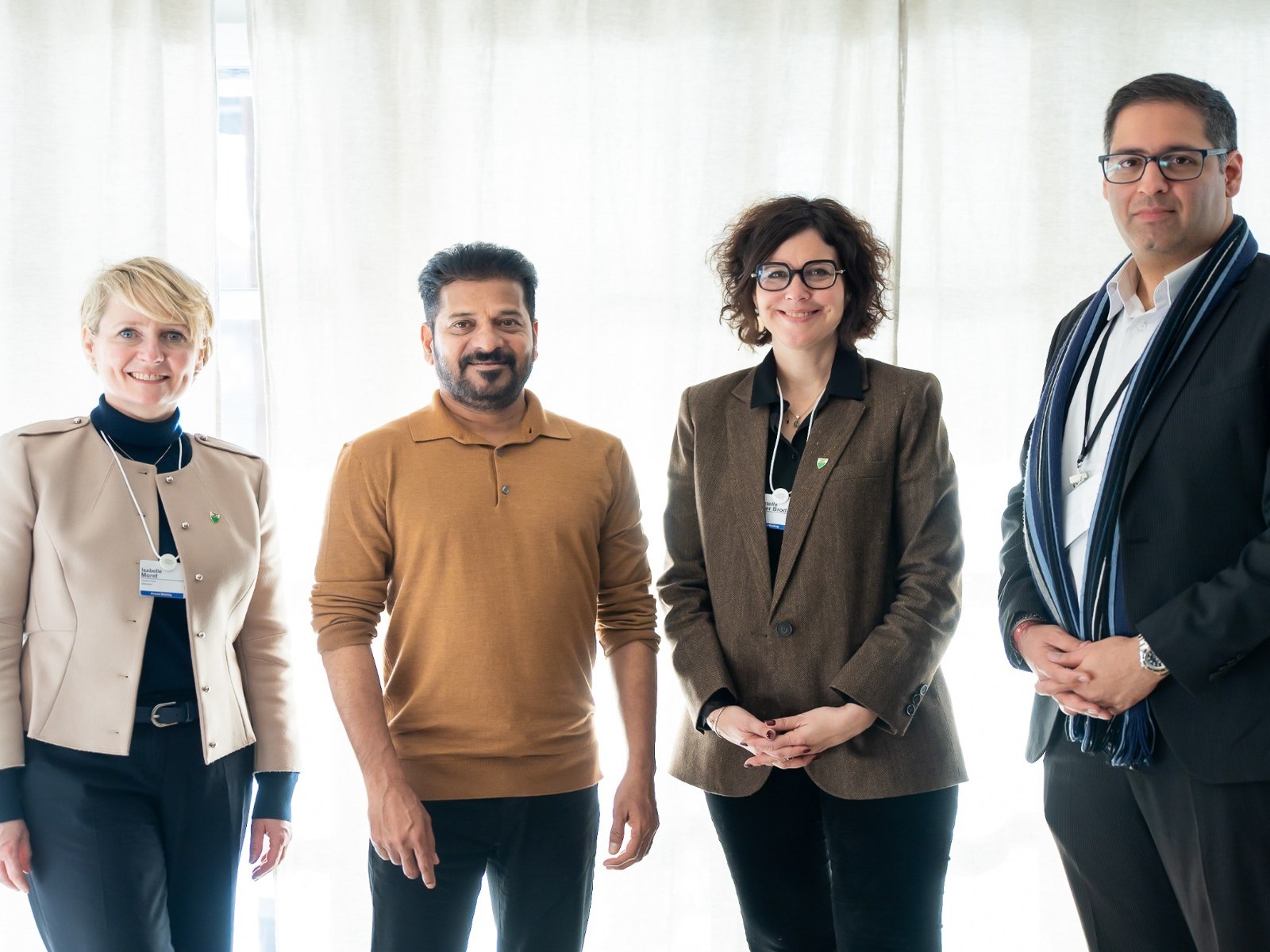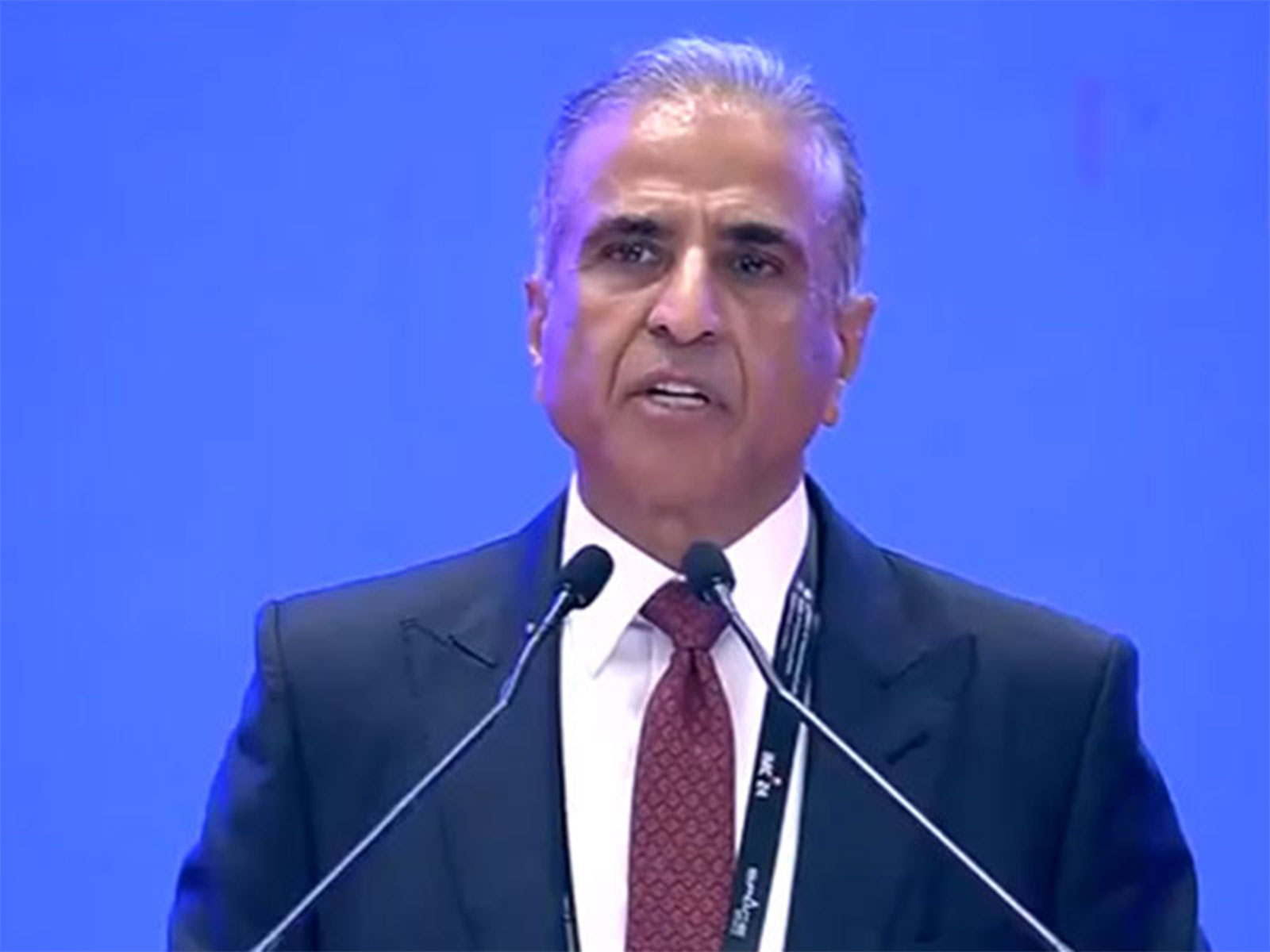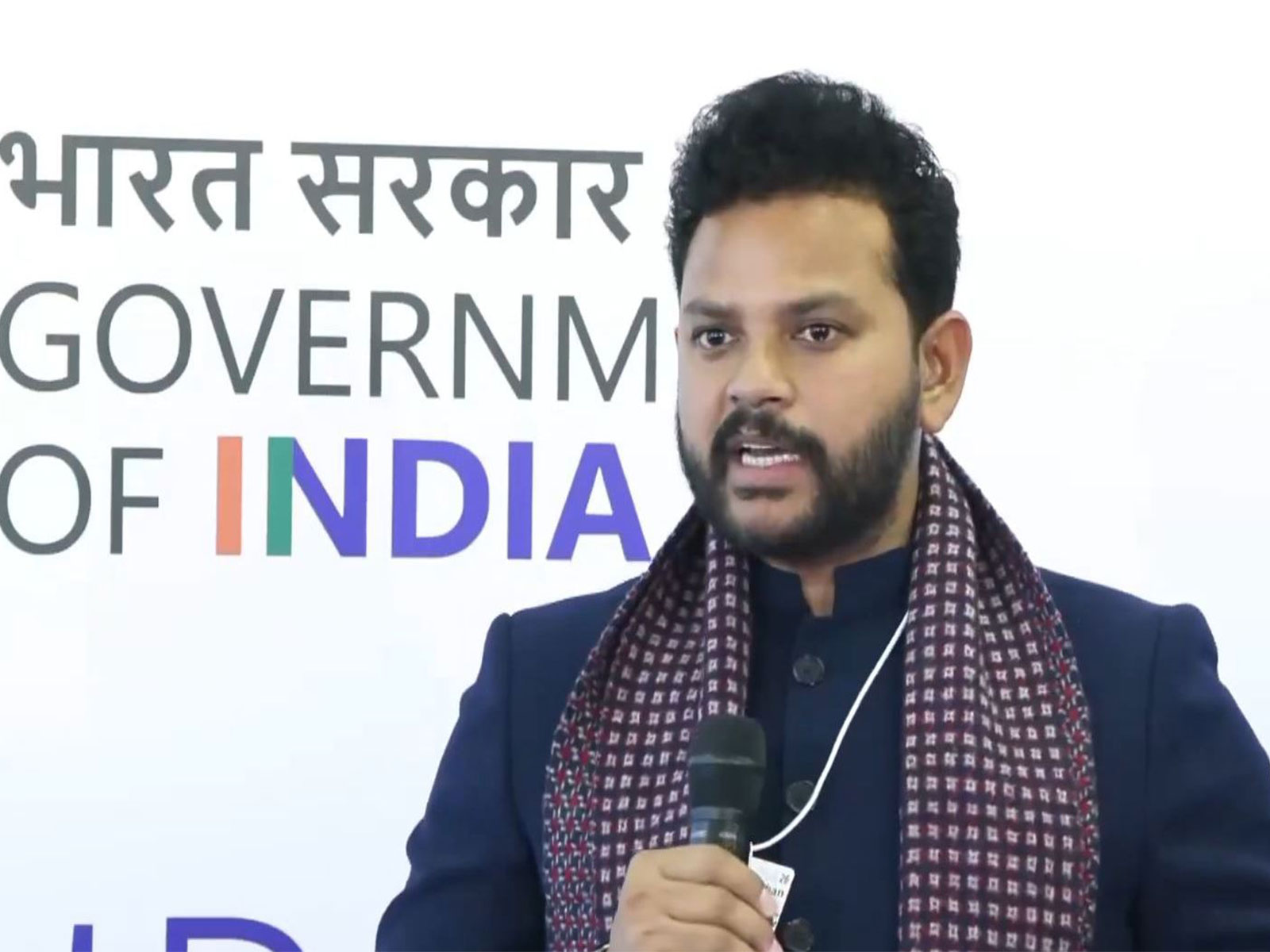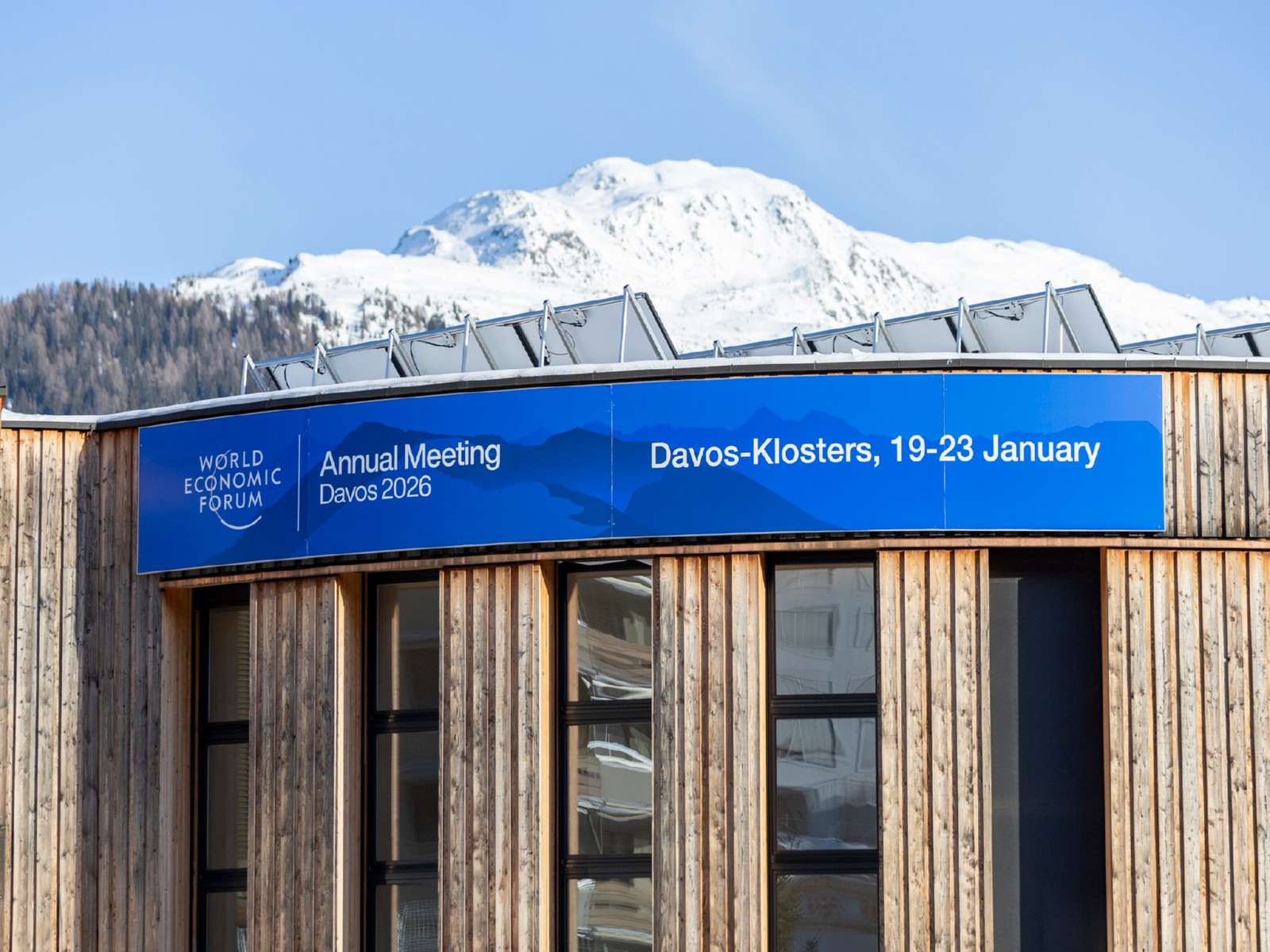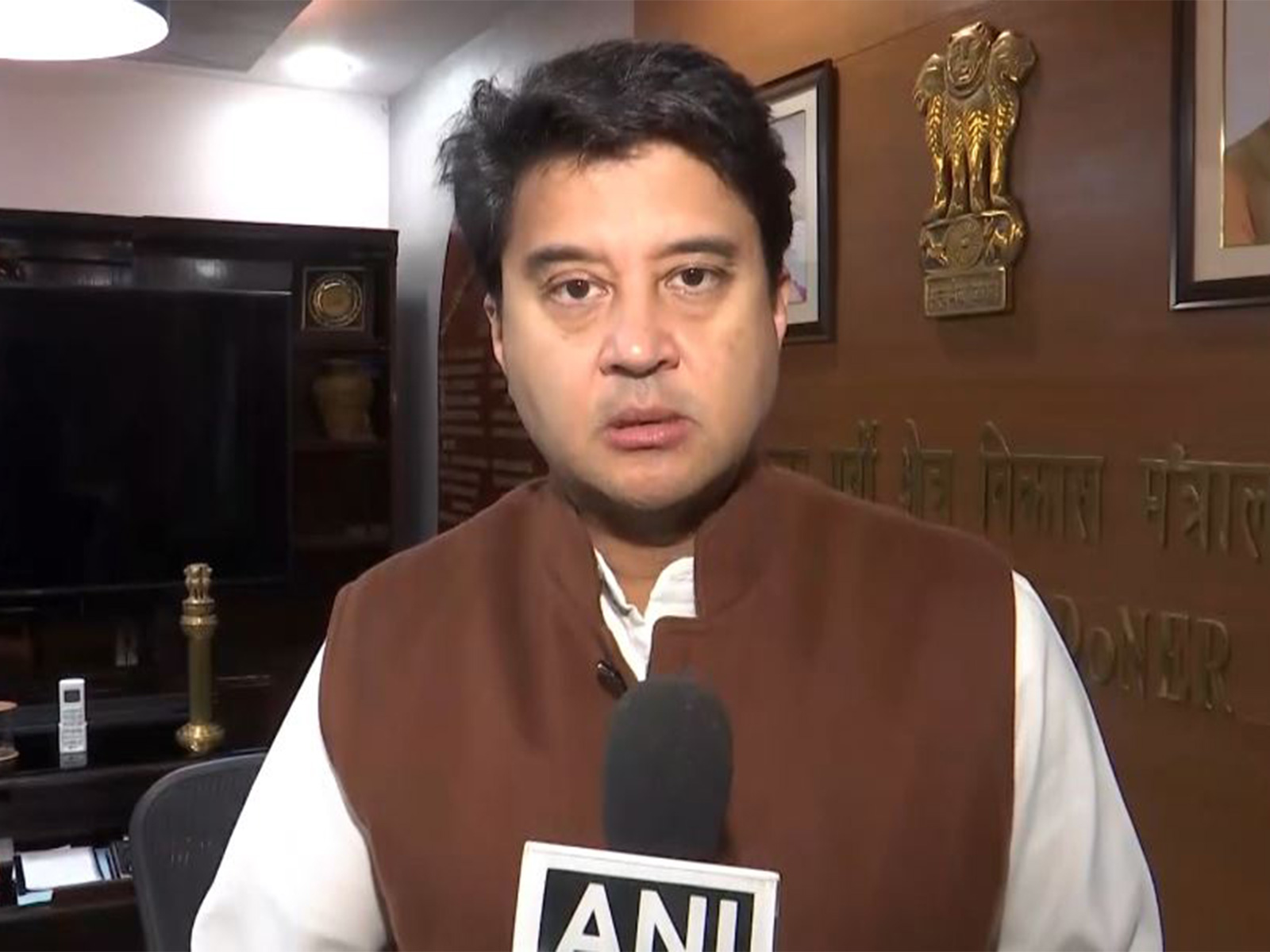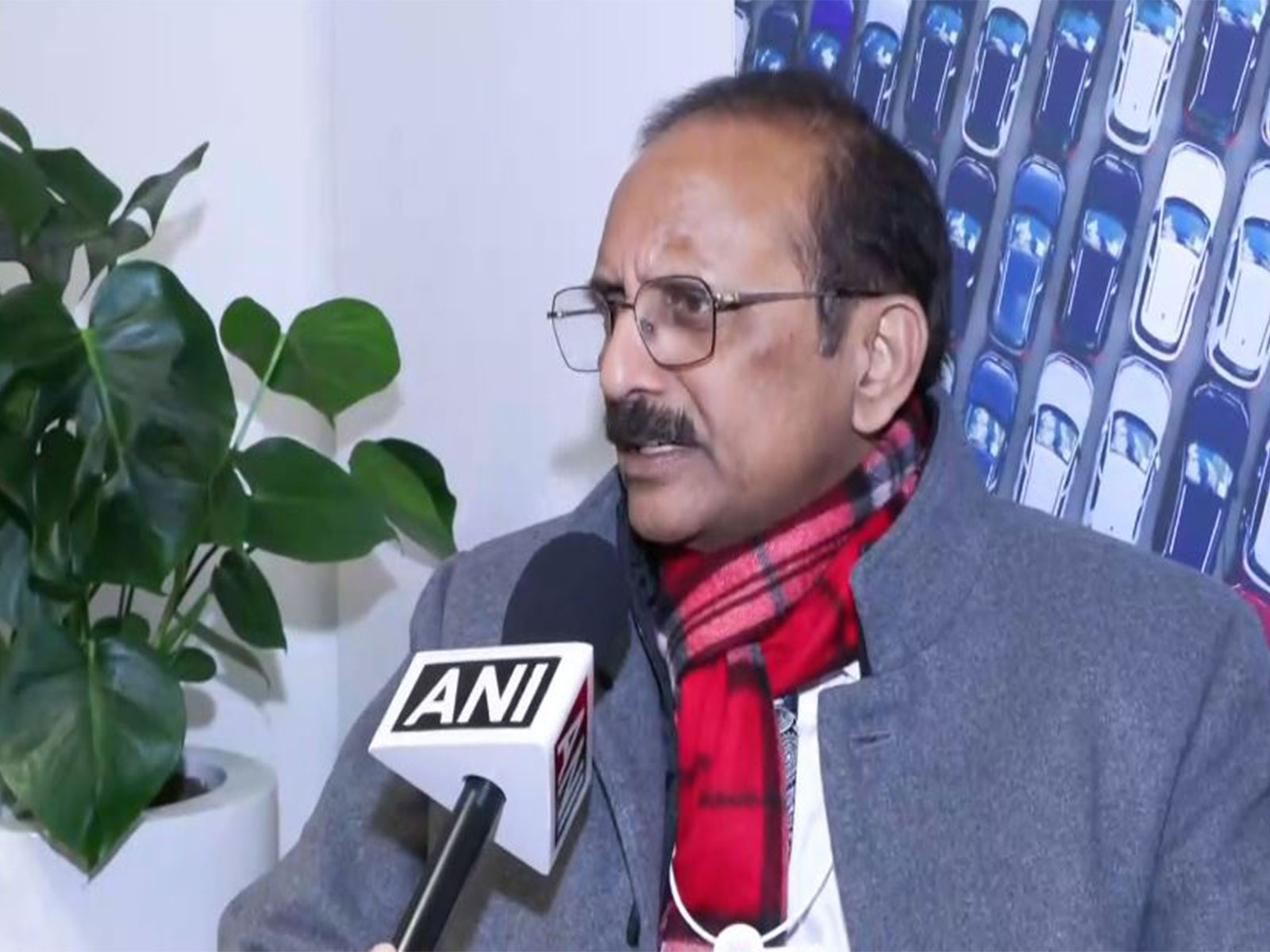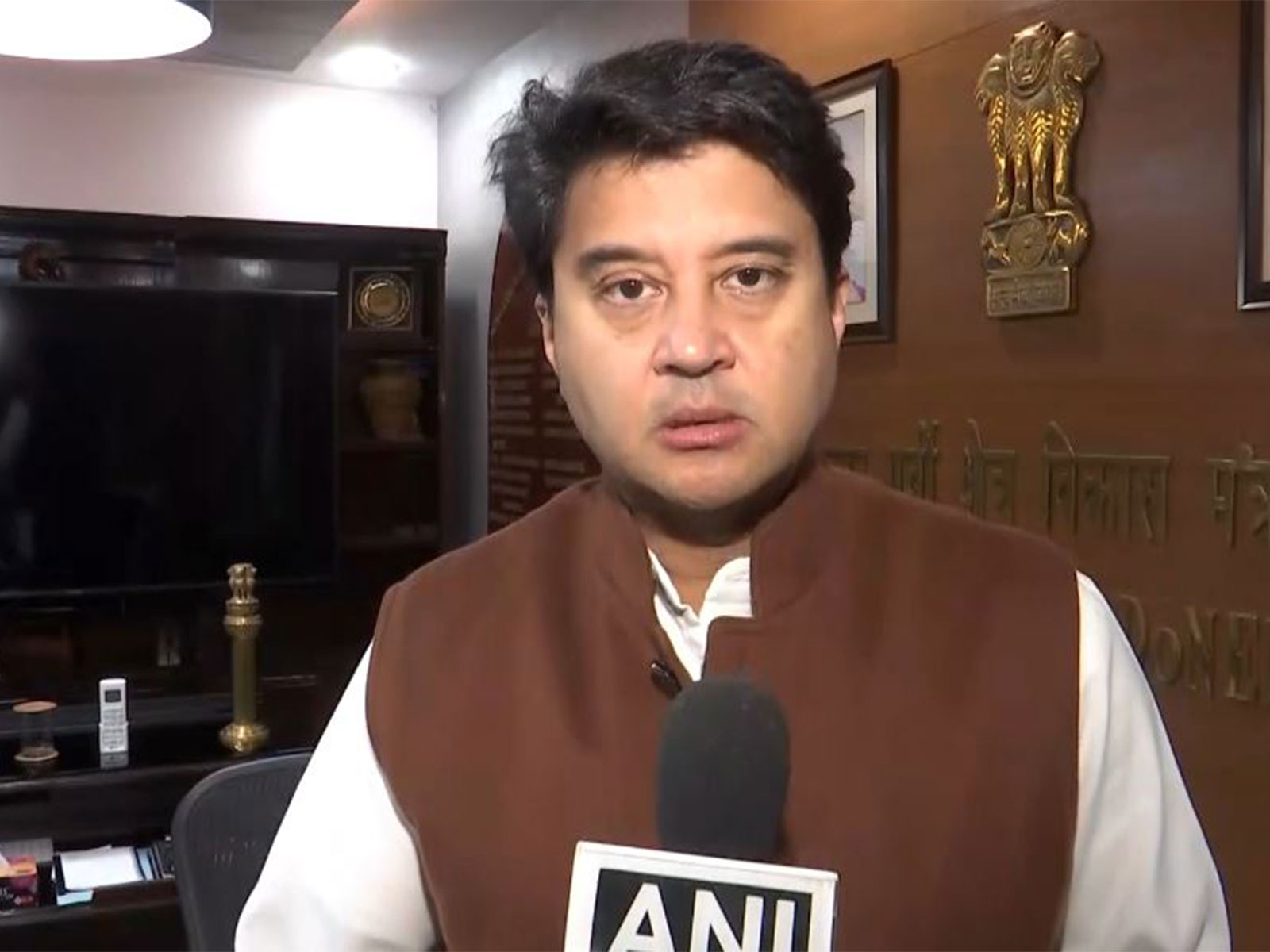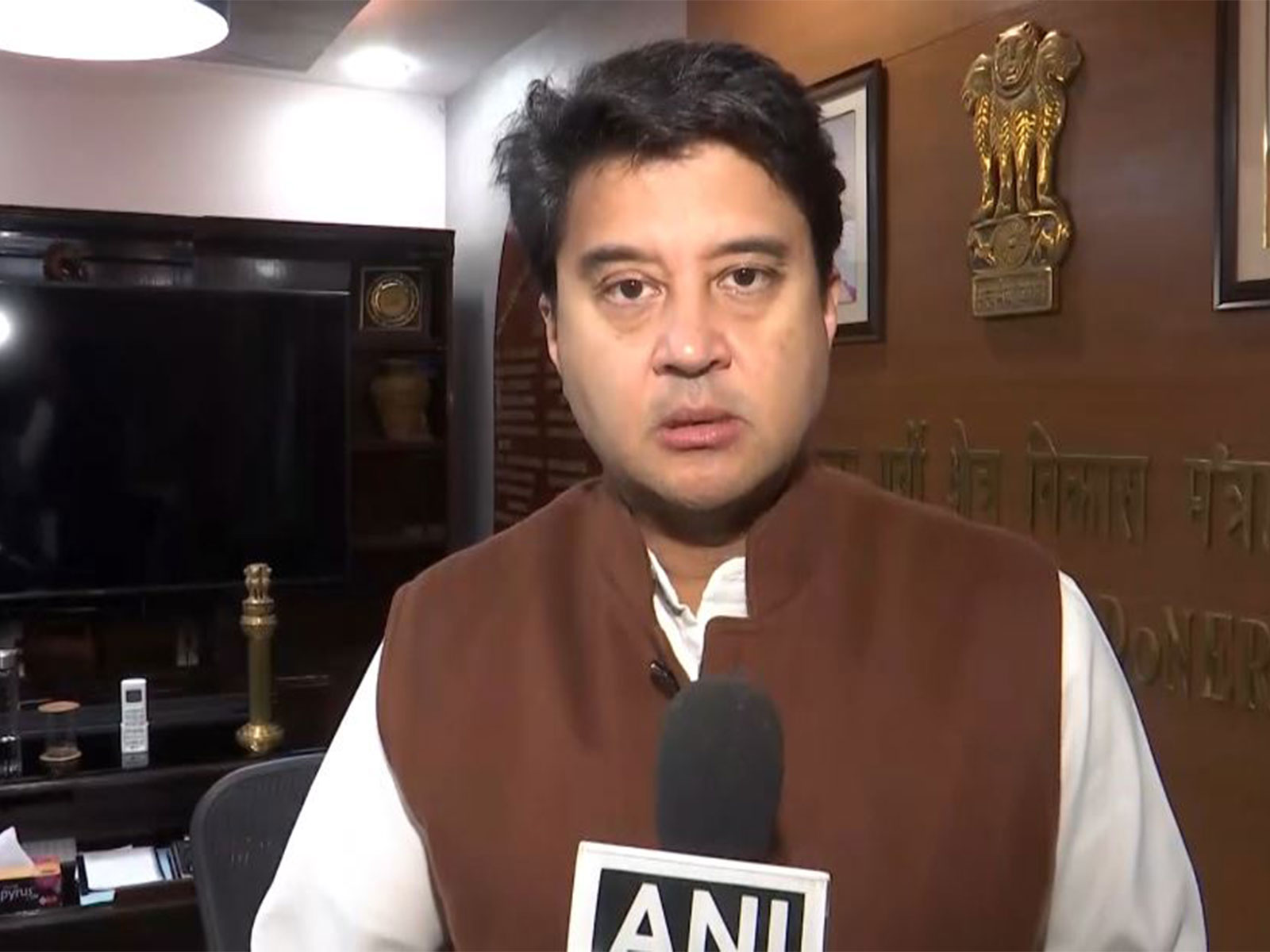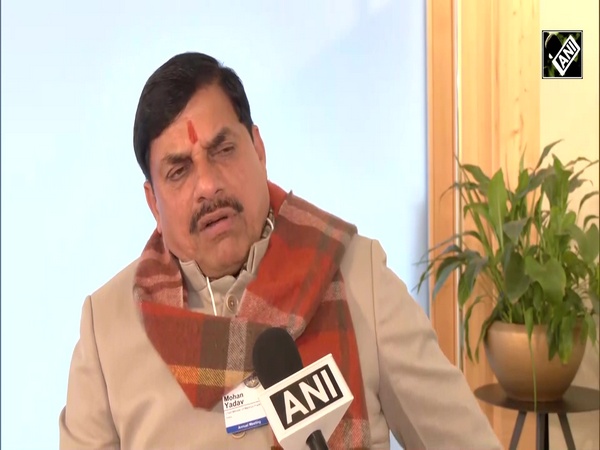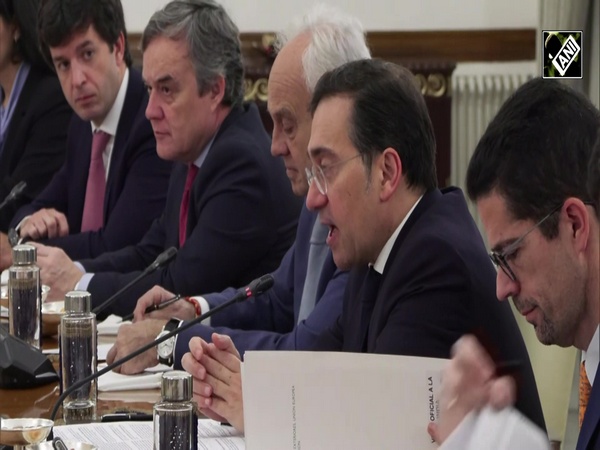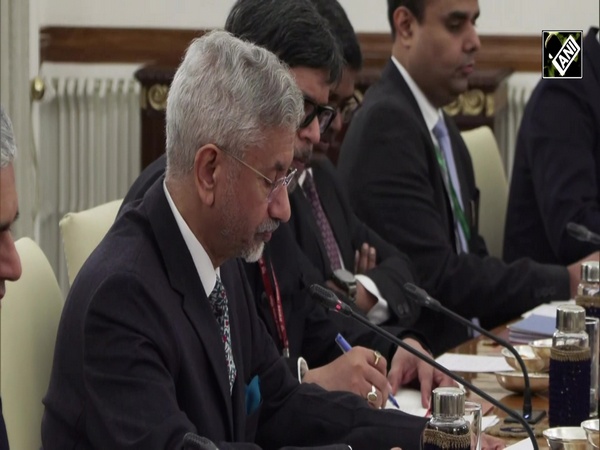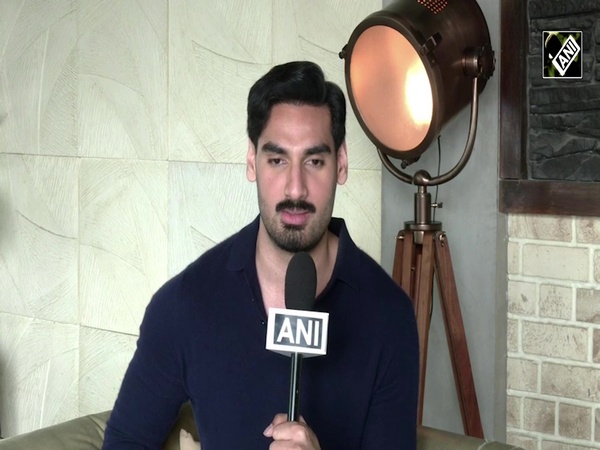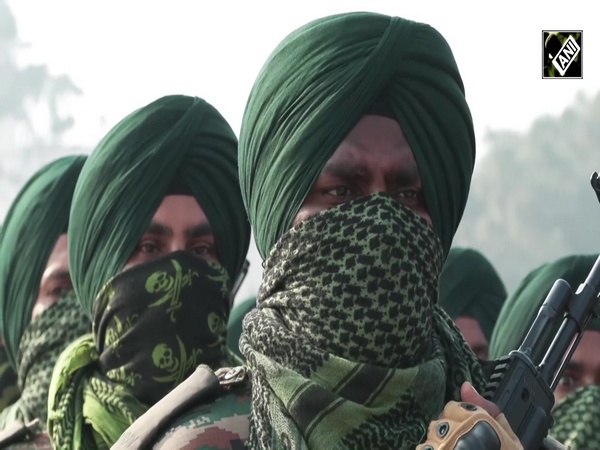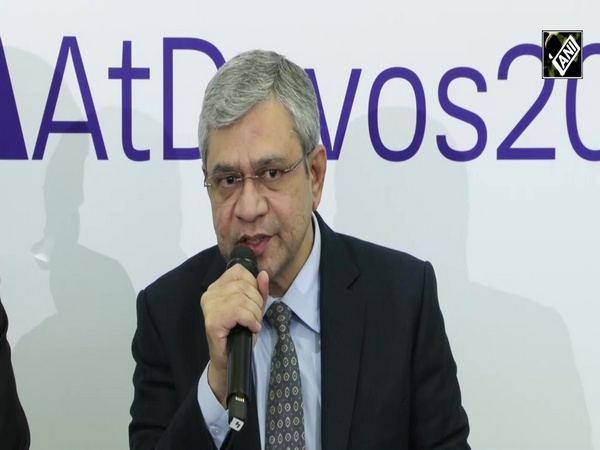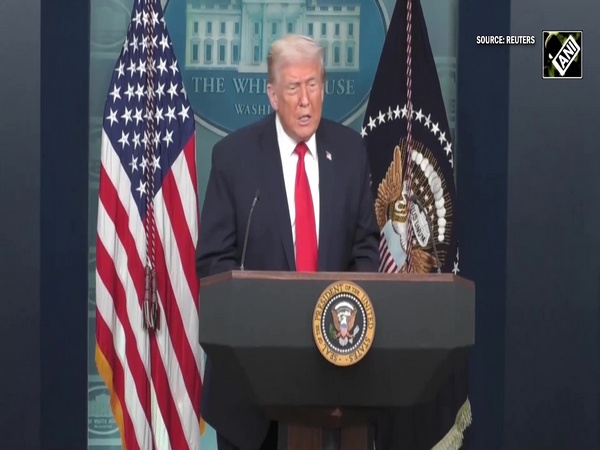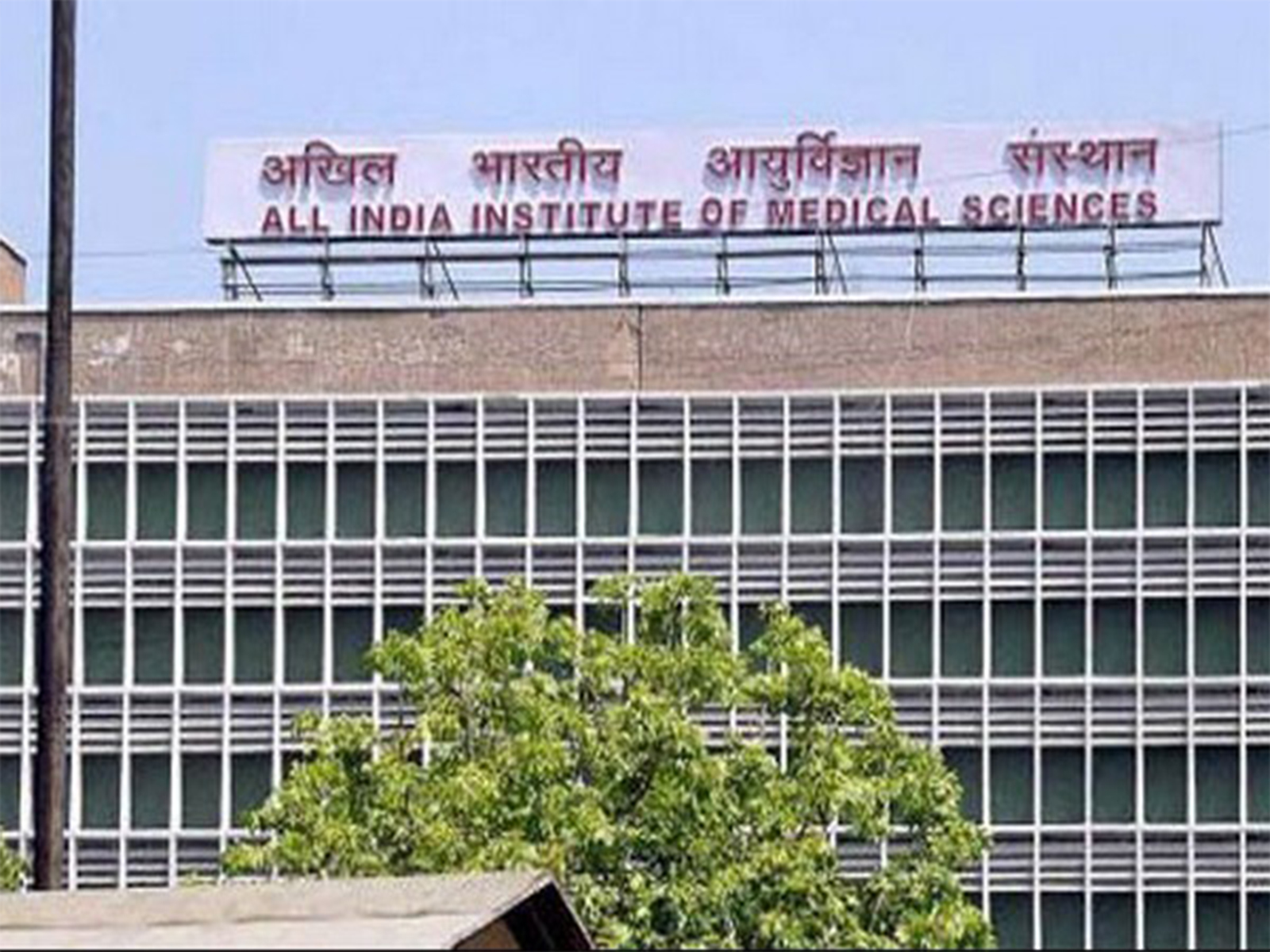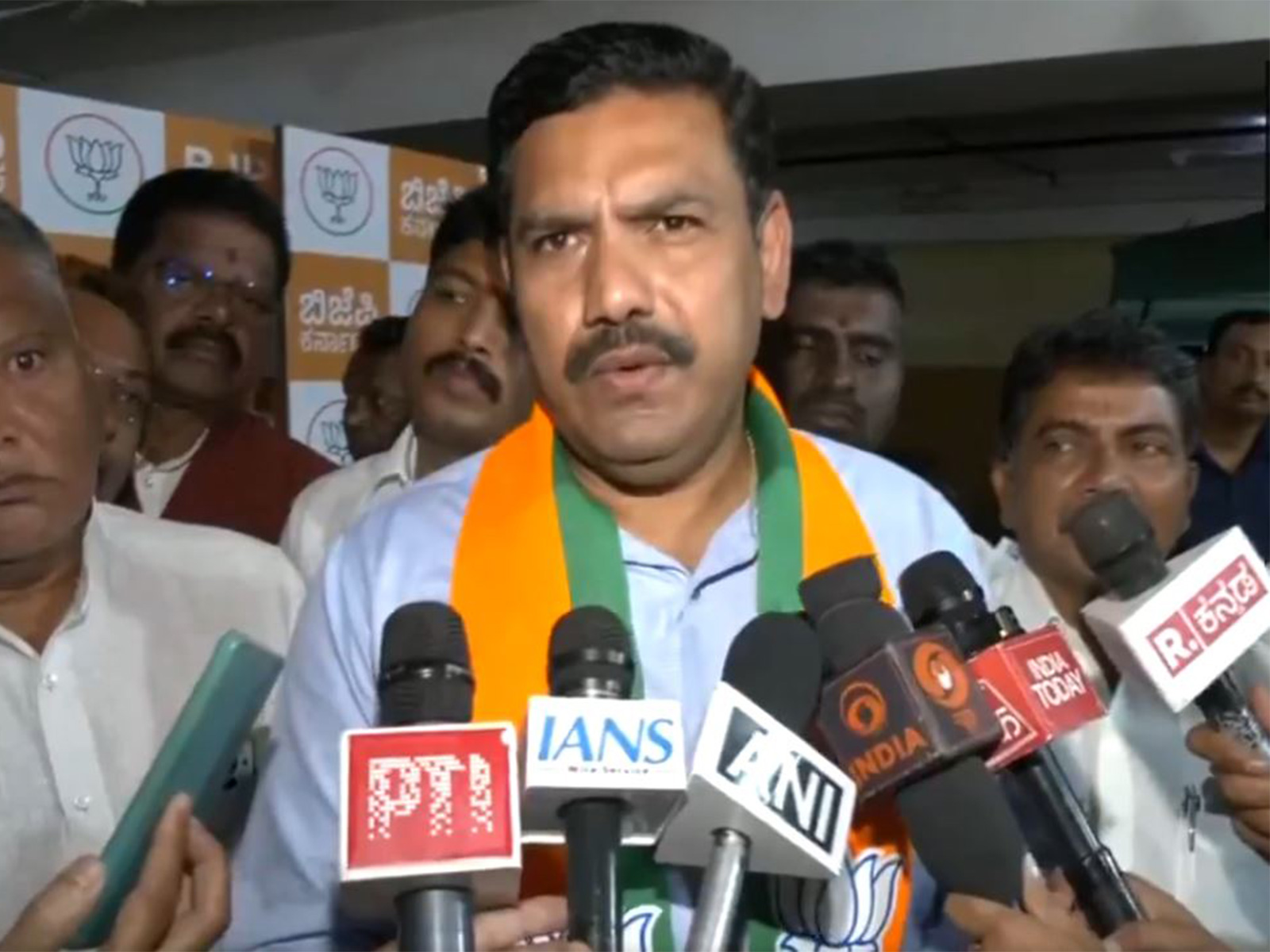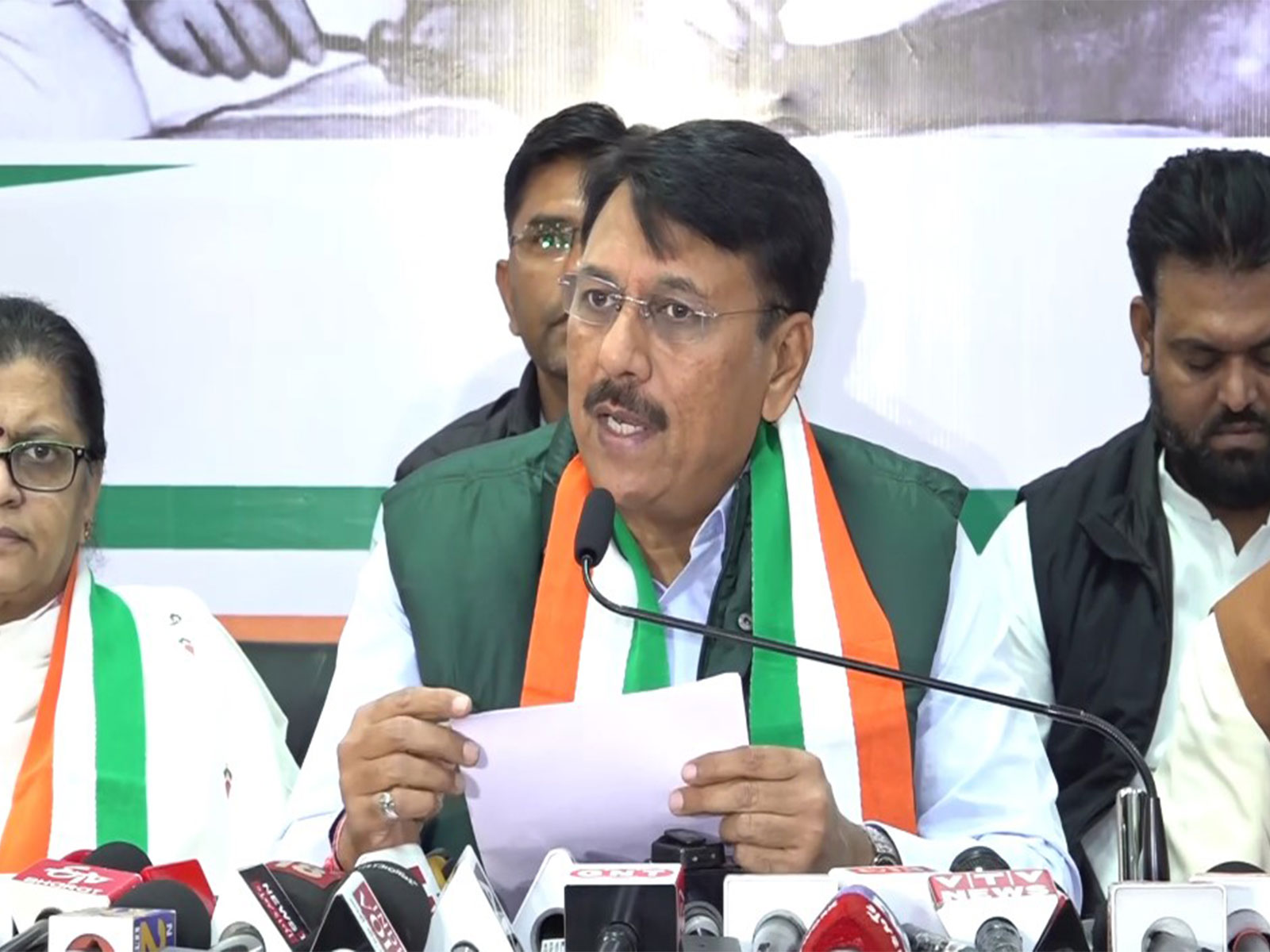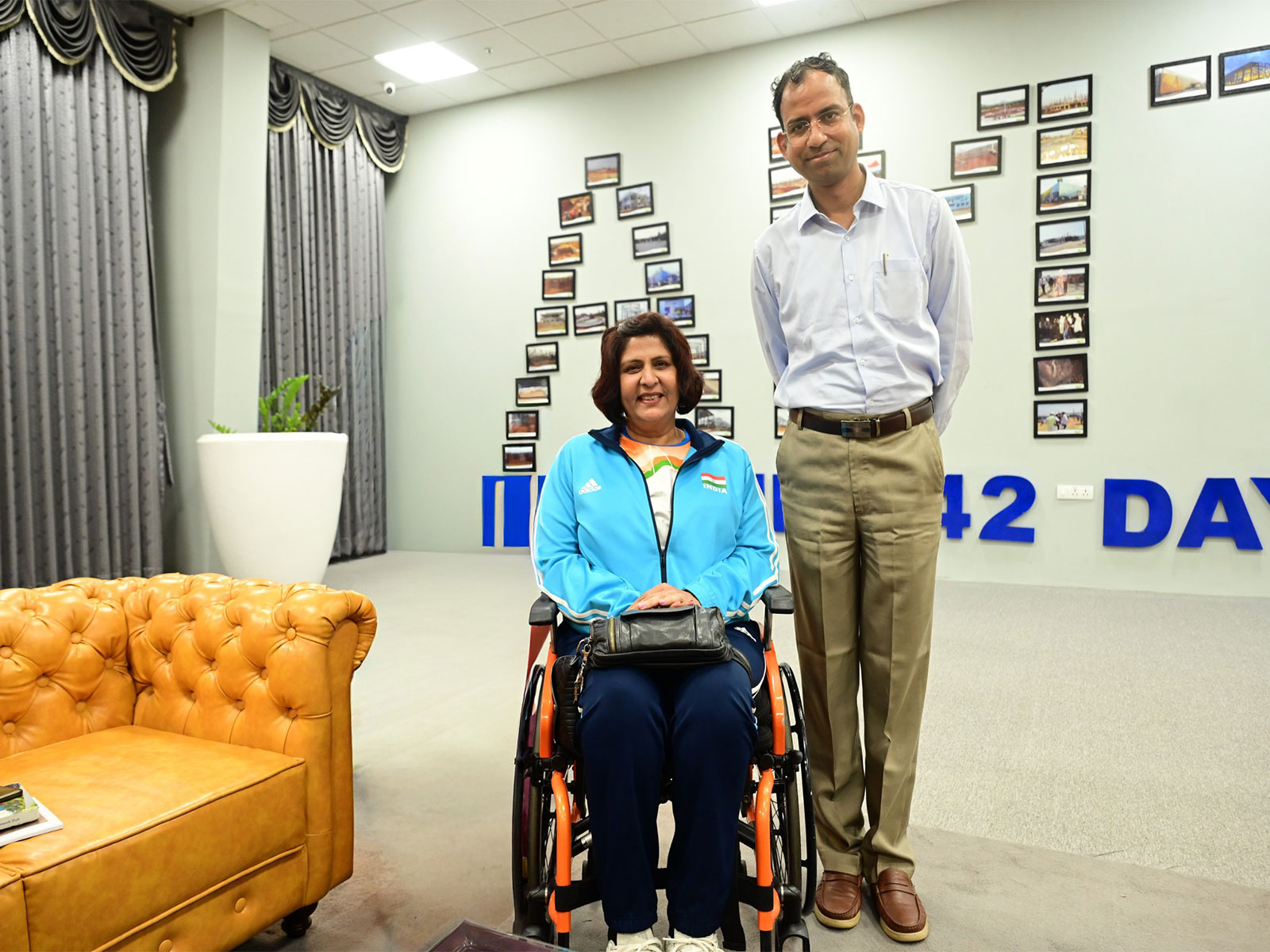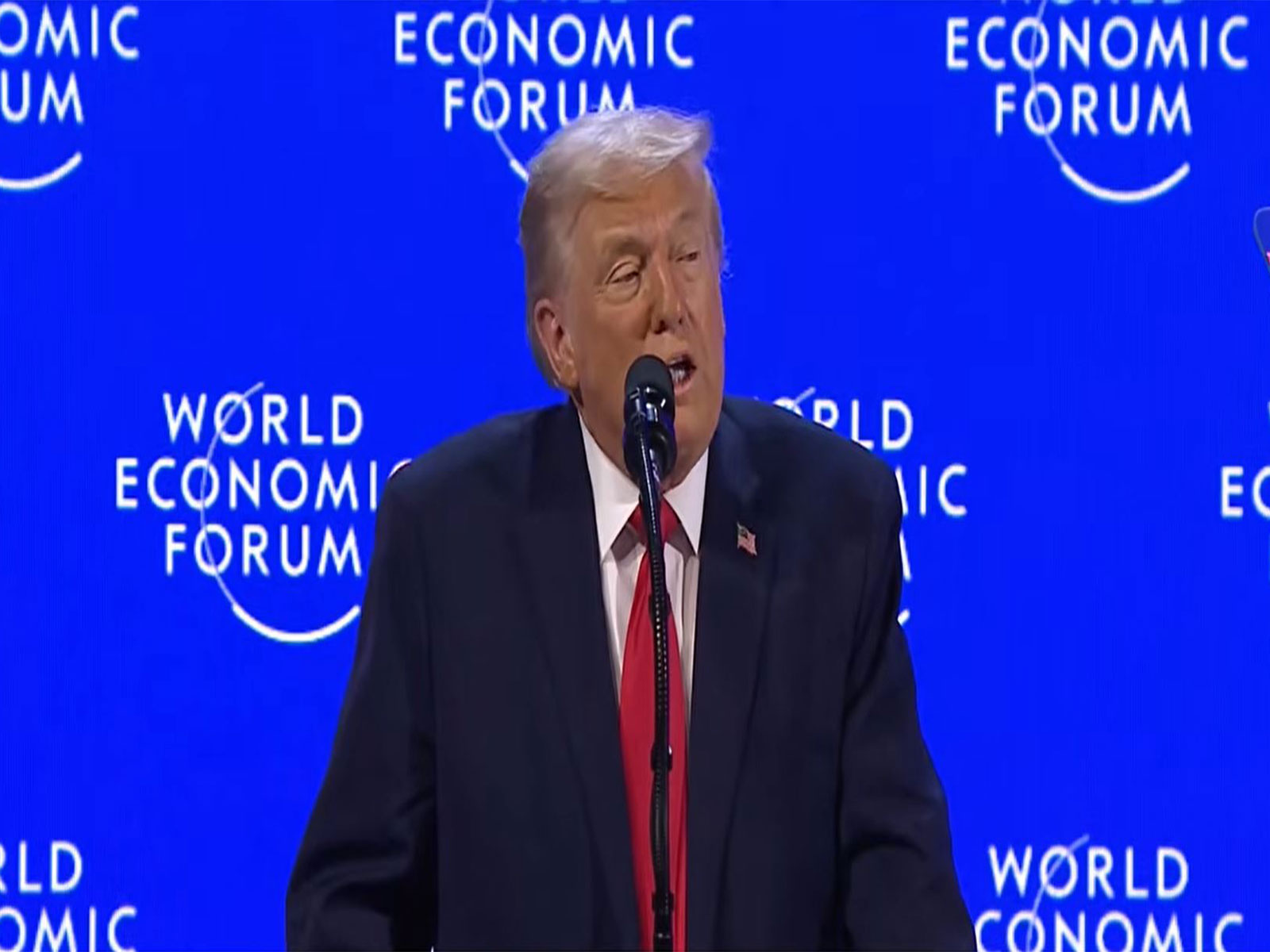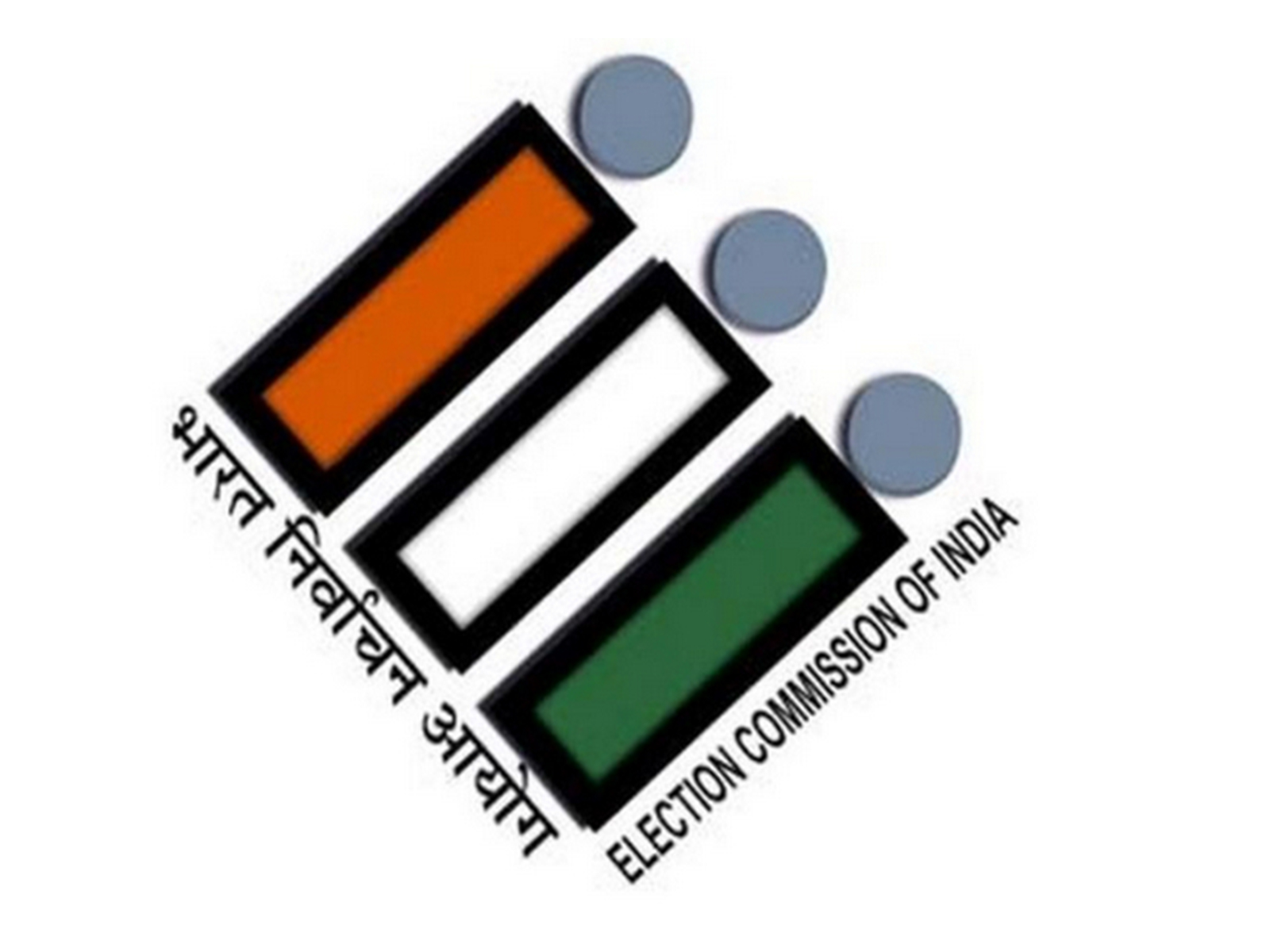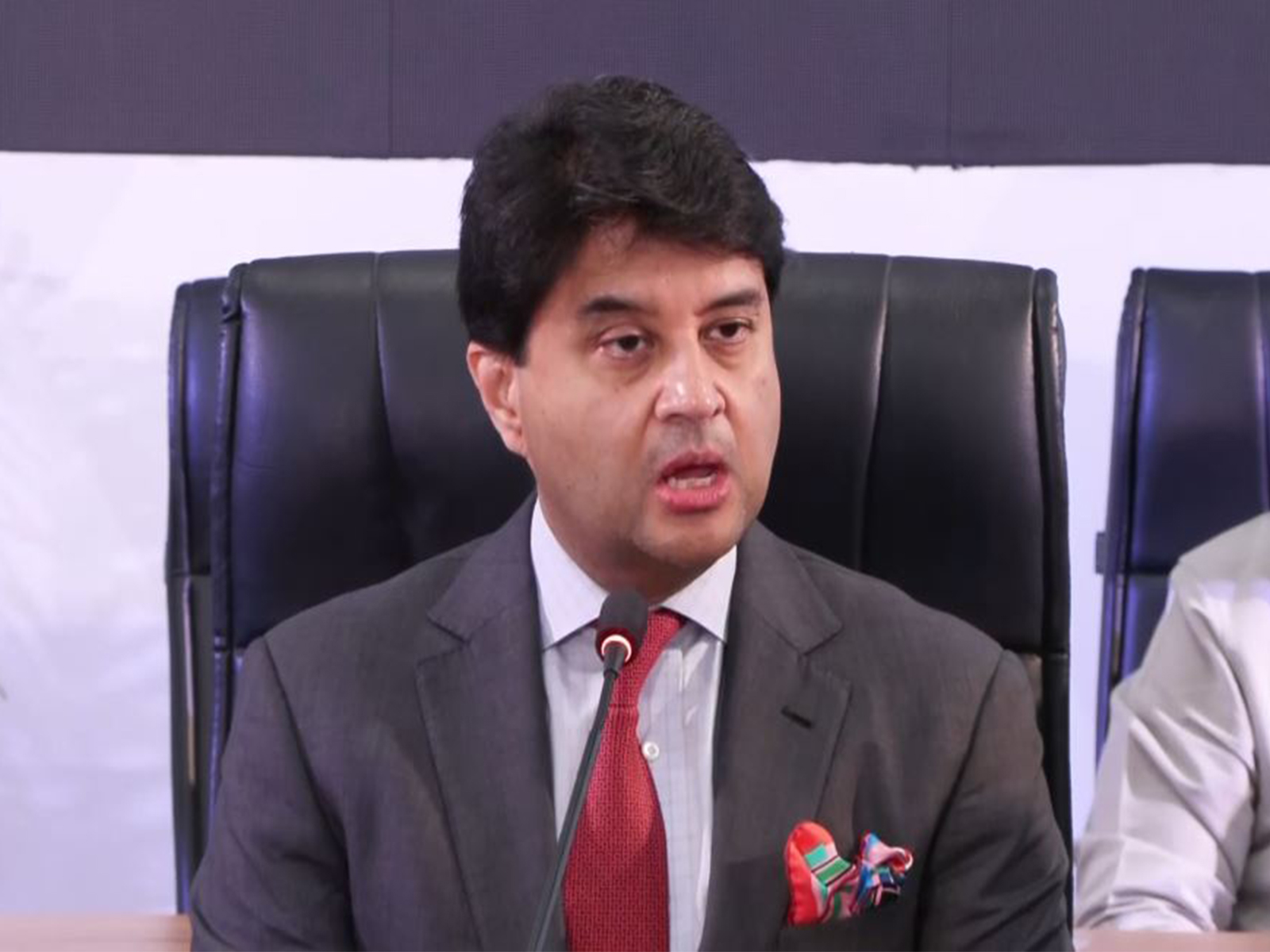
Government to roll out Satcom services after TRAI's nod on spectrum rates: Scindia
Oct 09, 2025
New Delhi [India], October 9 : Rollout of satellite communication (Satcom) services in India will be kicked off soon after the Telecom Regulatory Authority of India (TRAI) finalises the spectrum pricing, Union Minister for Communications Jyotiraditya Scindia said on Thursday.
Speaking to reporters on the sidelines of the India Mobile Congress, Scindia said, "As I said in my address, we have given out two licenses. One letter of intent has been given out. Now, it depends on the players. The issue is that TRAI has to still finalise the spectrum pricing."
The minister said the telecom industry in India is one of the most deregulated and competitive globally.
"We have four DSPs already in place. We have IS, there is a tremendous amount of power. Penetration is extremely high -- 1.2 billion customers out of 1.4 billion population. And the cost structure is the lowest in the world," he said.
"You've got the lowest voice rate at 0.03% of the minimum. You've got the lowest data rate at 90, which is close to about 11 cents, which is 5% of the world mass. So, I believe that we have a very fiercely competitive market," he added.
On the performance of BSNL, Scindia clarified that the public sector telecom company had not acquired MTNL's assets. " BSNL has only taken over MTNL's operations, not MTNL's assets. The operations were transferred from Delhi and Bombay on January 1, 2025," he said.
He said BSNL is expanding in both markets and improving operational performance. "BSNL has now an operating margin in FY 2024-25, Q1 of FY 2025-26. The operating margin, again, has grown by almost 50-60%. On a net profit basis, it's not profitable. But that's understandable, because we did the highest capex in BSNL's 25-year history last year of SLM method (straight-line method of depreciation) that means Rs. 2.5 crore depreciation, non-cash charge, on the P&L statement of BSNL, which has obviously affected the first-quarter profits. But on an operating profit basis, it's strong," he said.
On rural digital initiatives, Scindia said the ministry is encouraging innovative use cases. "We are developing both areas. We have flagged that we will make the performance of 100%. And we are going to be categorising their performance, and on that basis of performance, on a range of 50 points, we'll also be awarding them."
Those use cases are POC -- proof of concepts -- and once those POCs become viable, then the government will roll it out.
Referring to the recent spectrum auction, Scindia said it must be seen in context. "I think it's important for you to look at spectrum auction in terms of the history. The particular auction that you're talking about, where you sold at reserve price, was on the back of a huge amount of 5G spectrum being sold at very, very high prices."
That's obviously going to be the case, because the second time around, that 5G spectrum has not been used completely. So that demand is not going to be there in terms of a competitive pricing for the next round.
He added, "At the end of the day, that is a necessary input to be able to conduct your enterprise. And there's a science behind the numbers that sets the reserve price. The goal has to be, on the one hand, to maximise the resource, but also to be able to provide a raw material at a competitive price that will still be a benefit to the end consumer."
Scindia said the government is working to ensure that spectrum policies balance the interests of both industry and consumers.


